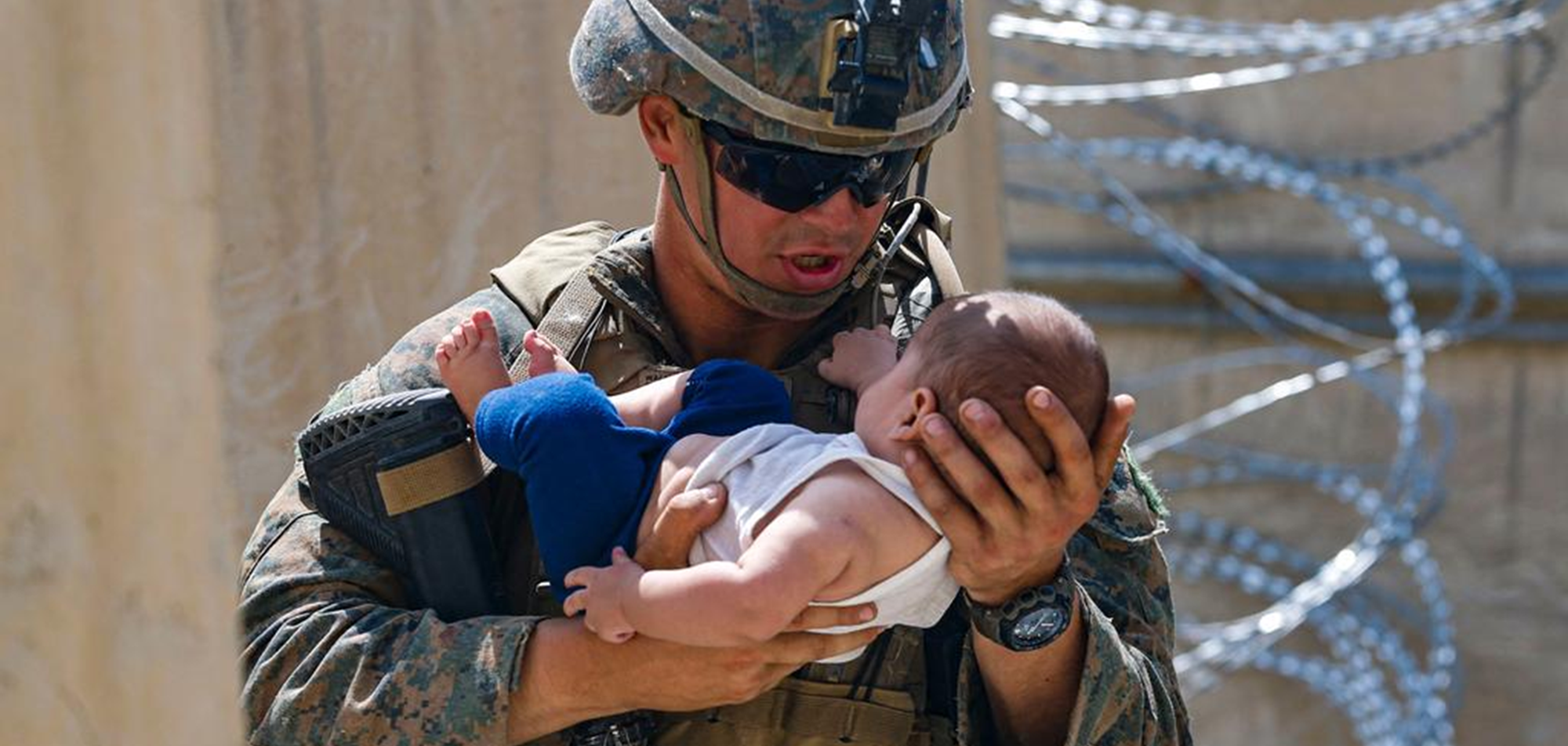This piece was written prior to yesterday’s terrorist attacks in Kabal, but has not been altered in response to them.
Last Friday President Biden addressed the nation regarding the situation in Afghanistan as the United States ends its 20-year mission there. A thousand wiser minds, along with some others, have commented on what the president had to say. I will leave the punditry and the politics to them.
Something the President said, though, has had me thinking all week. About halfway through his remarks, Mr. Biden said, “Look, let’s put this thing in perspective here. What interest do we have in Afghanistan at this point with Al Qaeda gone?”
The “what interest do we have?” question is rhetorical. The President believes we no longer have an interest in Afghanistan.
To paraphrase one of the President’s predecessors, however, it may depend on what the meaning of “interest” is.
The dictionary definition of “interest” that comes closest to what Mr. Biden was suggesting is, “something that brings advantages to or affects someone or something.” The 20-year rationale for our presence in Afghanistan is that it was to our advantage. Mr. Biden added, “We went to Afghanistan for the express purpose of getting rid of Al Qaeda in Afghanistan.” The President believes, though the pundits don’t necessarily agree, that Al Qaeda is no longer in Afghanistan, and it is not, therefore, to our advantage to stay. No interest.
But what if we go past the advantage part of the definition? What if we begin to ask about the someones we might affect? If I might ask the President’s question a little bit differently, we might not come to the same “no interest” conclusion. What if we ask, “What interest do we have in Afghans?” That is, “what affect will our leaving have?”
It is arguably in our interest, to our advantage, to leave – see the politicians and pundits for more on that.
There are others, however, who will be greatly affected by our departure.
Advantage or affect?
Ryan Crocker is now in the punditry class, but before that he was ambassador to Afghanistan under President Obama. In a column in last Saturday’s New York Times, he wrote, “We have betrayed our promises to interpreters, women and children, and others who are now trapped in an Afghanistan controlled by the Taliban. I fear many will lose their lives because of Mr. Biden’s impatience. We had their backs. Until Mr. Biden decided we didn’t. They will pay for it.”
Obama administration. New York Times. Not a part of the vast right-wing conspiracy.
What interest do we have in Afghanistan? Advantage or affect? And maybe it has to do with what the meaning of “we” is.
I would like to think that “we” are the United States of America, whose generous spirit was called forth by another president as he urged a war-weary people “to care for him who shall have borne the battle and for his widow and his orphan – to do all which may achieve and cherish a just and lasting peace among ourselves and with all nations.”
I know for sure that the “we” with an abiding interest in the people of Afghanistan, especially those to whom we have broken our promises, is the church of Jesus Christ as we follow and give witness to the one who “gathers the outcasts, heals the brokenhearted, and binds up their wounds.” (Psalm 147:2-3)
Christians, the outcast, the brokenhearted, and the wounded will be arriving soon. What interest do we have in them? Much interest. A Gospel interest.


